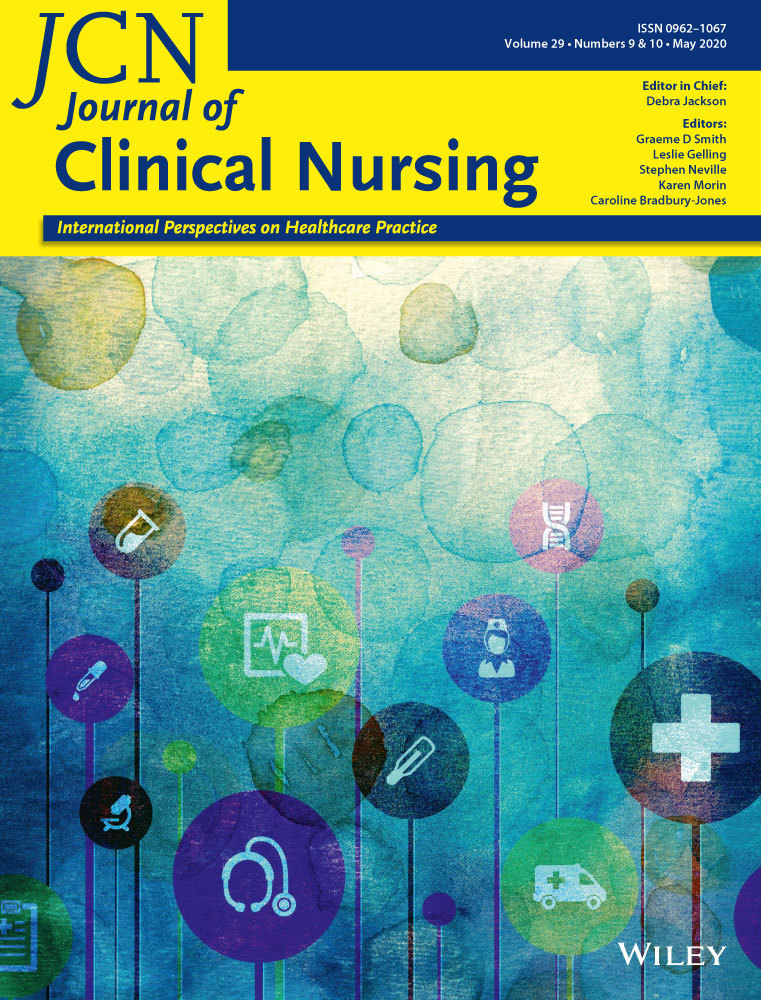Family caregivers' lived experiences of caring for epidermolysis bullosa patients: A phenomenological study
Abstract
Aims and objectives
To explore the lived experiences of family caregivers of epidermolysis bullosa (EB) patients.
Background
Patients with EB need long-term care. Their family experiences physical and mental stress while proving that care. However, very little research has explored the family caregivers' actual lived experiences when caring for EB patients.
Design
This is a qualitative research using the phenomenological approach.
Methods
Data were collected with the assistance of the Taiwan Foundation for Rare Disorders (TFRD). Interviews were conducted between 2015 and 2017 with primary family caregivers (n = 10) who had cared for EB patients for at least five years. Data were analysed using Colaizzi's (1978) seven-step phenomenological method. COREQ reporting guidelines were utilised.
Results
Four themes and eleven subthemes emerged after data analysis: (a) transformation and helplessness: changing expectations and helplessness associated with the rare, unknown disease; (b) mother's responsibility: mothers loving and protecting their children, surviving through adversity and challenges and self-experiencing a child's pain; (c) physical and mental fatigue experienced by the whole family: physical and mental exhaustion, and unbalanced lives; and (d) adjustment and social support: providing mutual assistance to mitigate adversity, hopeful search for treatments, the importance of patient associations and rare disease foundations, and social assistance requirements.
Conclusion
Family caregivers experience many challenges when caring for EB patients and experience substantial stress and overwhelming burdens. Consequently, they would benefit greatly from various support systems to reduce the burden of caring for EB patients.
Relevance to clinical practice
Healthcare professionals can use the findings from this study to understand the circumstances faced by family caregivers and tailor care and education specifically to support each family's financial, social and household needs, thereby helping them reduce the stress of caring for EB patients.




